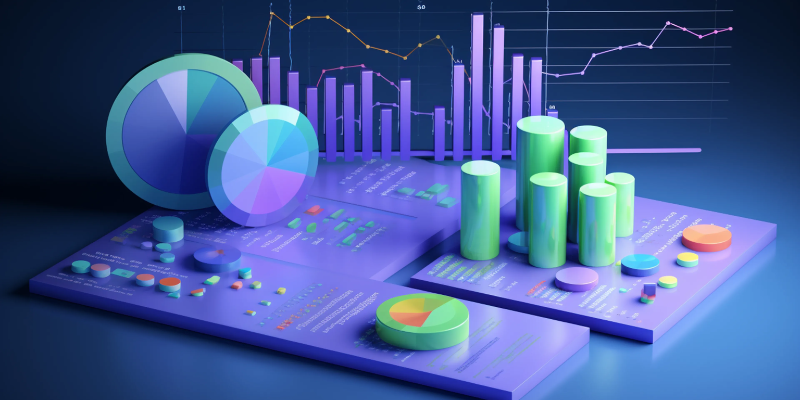
In today’s data-driven landscape, the ability to turn raw information into actionable insights has become a cornerstone for success. Data Analytics, a multifaceted discipline, is pivotal in extracting meaningful patterns and trends from vast datasets. This blog will explore the diverse types of Data Analytics and their applications, shedding light on how organizations leverage these techniques to make informed decisions. Let’s delve into what is data in data analytics.
What is Data Analytics?
Data Analytics is a systematic and multidisciplinary approach to examining and interpreting data to uncover meaningful insights and patterns. In essence, it involves exploring, cleaning, and modeling data to extract valuable information that informs decision-making processes. Through a series of steps, including data collection, cleaning, transformation, and analysis, Data Analytics enables organizations to derive actionable conclusions and predictions from vast datasets. Employing statistical methods, machine learning algorithms & data visualization techniques provides a retrospective view of historical data and offers the ability to anticipate future trends and prescribe optimal strategies. In today’s data-driven world, Data Analytics is a crucial tool that empowers businesses and professionals across various industries to make appropriate decisions, optimize operations, and gain a competitive edge. Let’s delve into types of data analytics.
Types of Data Analytics
Descriptive Analytics
Descriptive Analytics forms the foundational layer of Data Analytics, offering a retrospective view by summarizing and interpreting historical data. This type of analytics answers fundamental questions such as “What happened?” and “What is the current state of affairs?” To present a clear picture, analysts use statistical metrics, data aggregation strategies, and visualization technologies. Descriptive Analytics is instrumental in identifying trends, patterns, and key performance indicators (KPIs) that help organizations understand their past performance and make informed decisions for the future. There are diverse Top MBA Colleges in Chennai.
For example, a retail business might use Descriptive Analytics to analyze and predict sales data from the previous year, finding peak seasons, popular products, and customer preferences. This information can guide inventory planning and marketing strategies for the upcoming year.
Predictive Analytics
Predictive Analytics takes data analysis to the further level by employing statistical algorithms and machine learning techniques to forecast future trends and outcomes. This type of analytics is forward-looking, aiming to answer questions like “What are the possibilities?” and “What are the potential future scenarios?” Based on trends found in the data, predictive models are constructed utilizing historical data, enabling companies to make well-informed forecasts and decisions. There are many Business Schools in Chennai.
In the healthcare industry, for instance, Predictive Analytics can be used to forecast disease outbreaks based on historical health data and environmental factors. By anticipating potential outbreaks, healthcare organizations can allocate resources more efficiently and implement preventive measures promptly.
Prescriptive Analytics
Prescriptive Analytics represents the pinnacle of Data Analytics, offering actionable insights and recommendations to optimize decision-making processes. This type of analytics goes beyond describing and predicting; it prescribes the best course of action for a given scenario. By simulating different scenarios and assessing the potential impact of each decision, organizations can choose the most effective strategy to achieve their goals. There are several colleges for MBA Business Analytics in Chennai.
Applications Across Industries: Harnessing the Power of Data Analytics
The applications of Data Analytics extend across various industries, revolutionizing how businesses operate & make decisions. In healthcare, Data Analytics aids in patient care by analyzing medical records, predicting disease outcomes, and optimizing treatment plans. Manufacturing enhances operational efficiency by identifying bottlenecks, minimizing downtime, and optimizing supply chain processes.
In the e-commerce sector, MBA in Business Analysis drives personalized marketing strategies by analyzing customer behavior and preferences. Additionally, it helps optimize resource utilization and predict equipment failures through predictive maintenance in the energy sector.
Data Analytics, with its diverse types and applications, is one of the powerful tools for organizations seeking to strive in the digital age. Whether it’s understanding the past through Descriptive Analytics, anticipating the future with Predictive Analytics, or making strategic decisions using Prescriptive Analytics, businesses across industries harness data’s power to gain a competitive edge. As technology advances and datasets grow in complexity, the role of Data Analytics will only become more critical in shaping the future of informed decision-making. There are many MBA Courses in Chennai.
